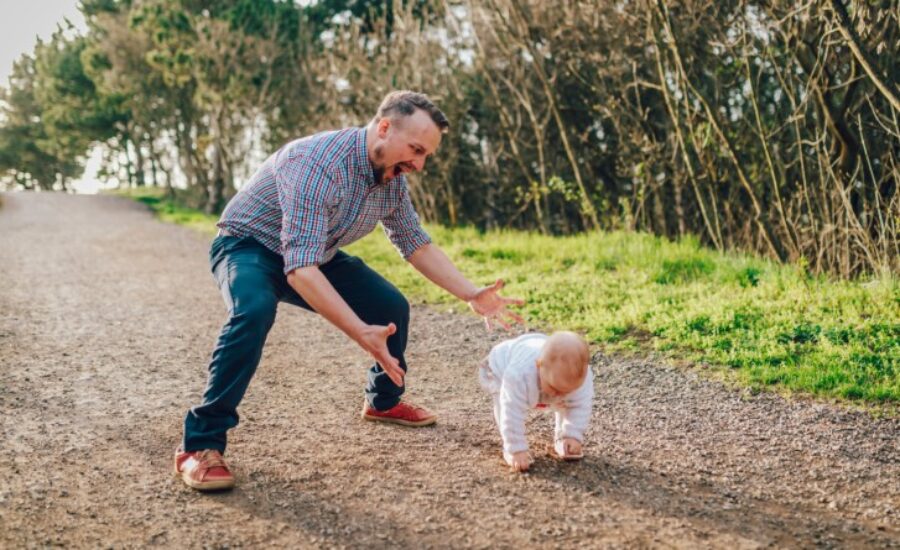Fiscally fit at 40?
The author shares what he learned about investing, and life, in the last decade.
Advertisement
The author shares what he learned about investing, and life, in the last decade.

Share this article Share on Facebook Share on Twitter Share on Linkedin Share on Reddit Share on Email
Love this. Short and sweet. I am currently 34 and so far very much agree. I like the light hearted but negligent approach to life and finances. It feels like the author has struck a balance between living a life to the fullest today while still investing for the future. I look forward to the next article that reflects on the 40’s.
Great article. I really enjoyed it. Starting RESP’s seems to be a good idea when the kids are young. At least that’s what we have done.